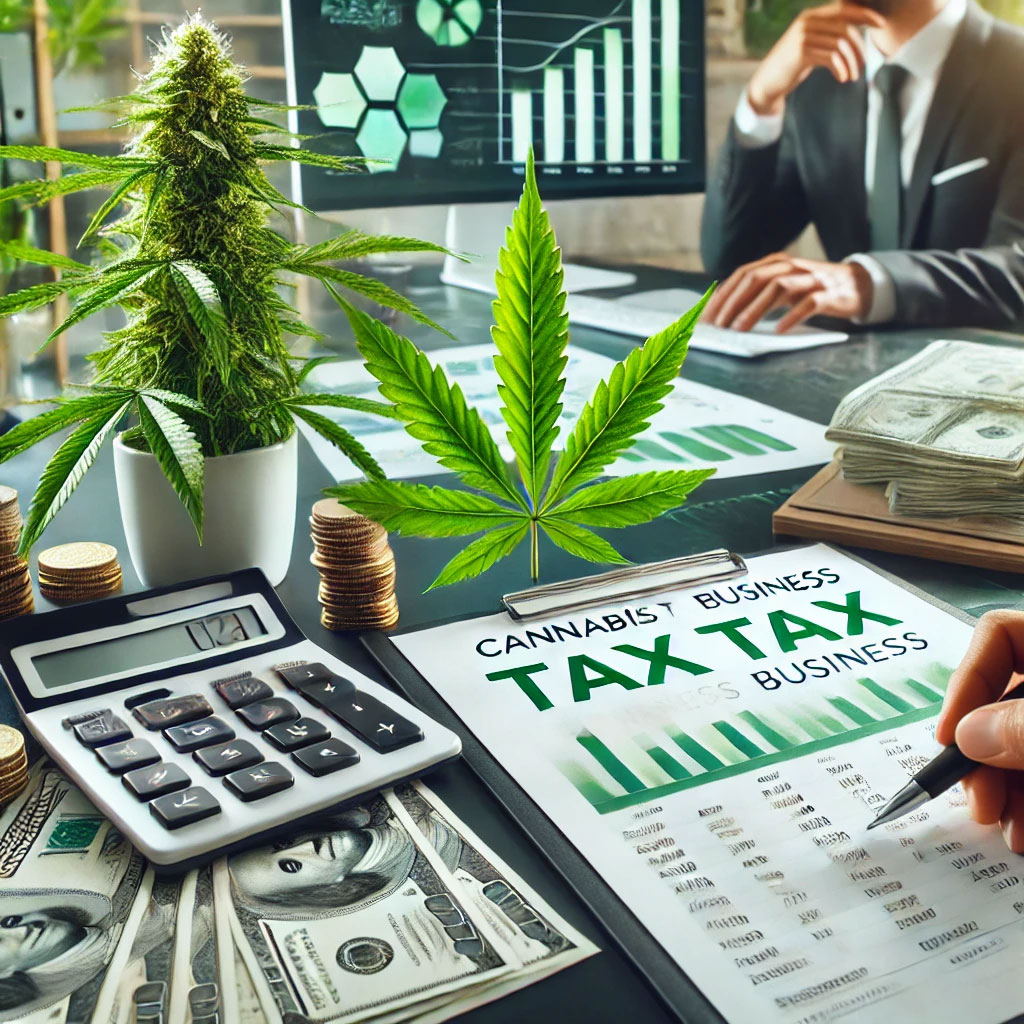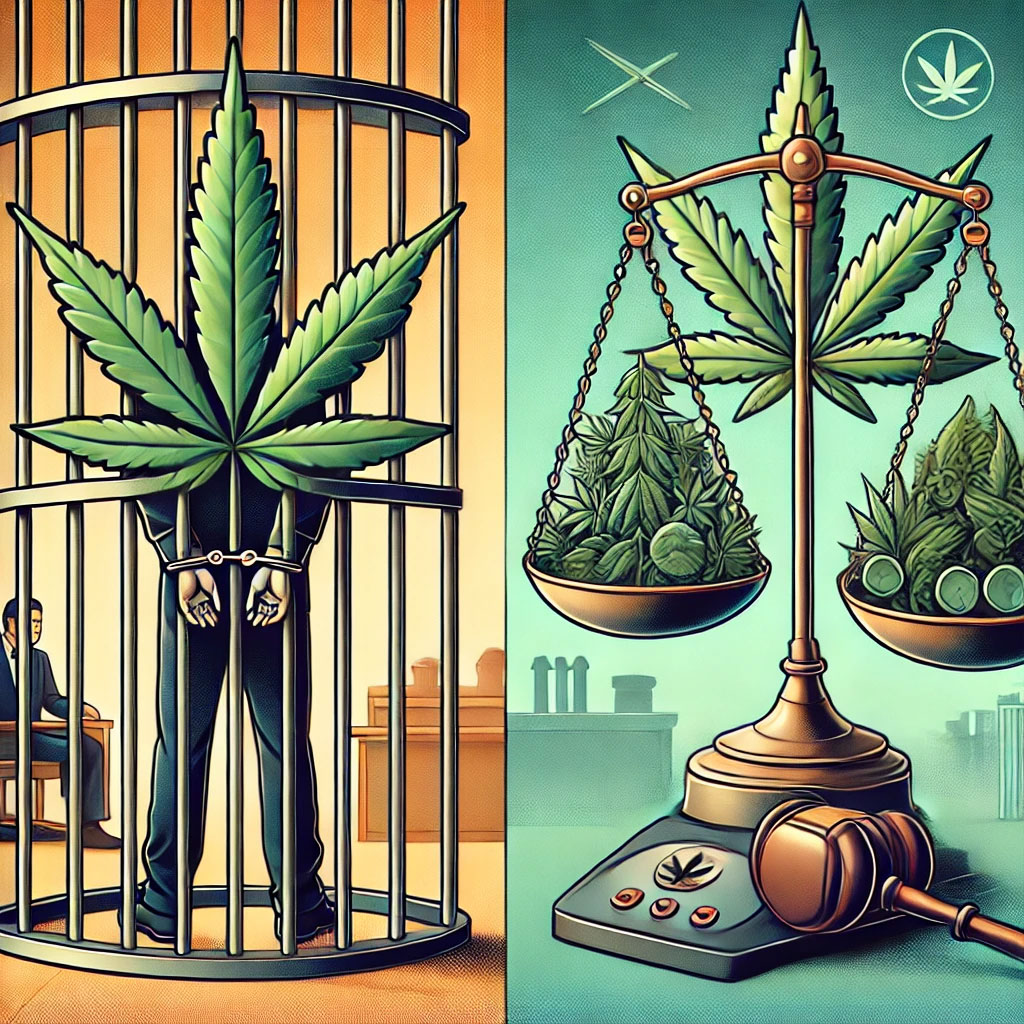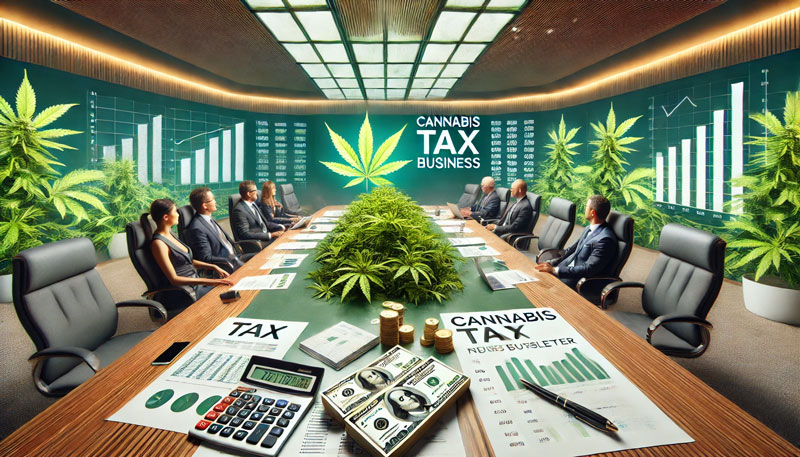Volume 1, Issue 10
The Newsletter’s Aim
Weeding the News – a breakdown of the month’s cannabis news, important events, and top-notch accounting tips – aims to entertain and inform you as we watch the cannabis industry transform before us.
The information contained in Weeding the News issues is provided for informational purposes only and should not be construed as tax or legal advice.

© 2025 BTA Corp. All rights reserved.
What’s on the Docket
Florida veterans are looking at free medical marijuana cards. Federal lawmakers announce stance on cannabis legislation. A Swiss study is showing promising results for recreational cannabis, and Michigan has put the kibosh on the police’s ability to search drivers’ cars on the pretext of smelling cannabis. And we hear from the owner of a cannabis delivery app that services the U.S. and Jamaica.
![]()
Cannabis in Los Angeles and Beyond
In California cannabis industry news, Gold Flora, a popular Southern California-based cannabis company with 16 dispensaries statewide, is looking to sell its assets through a receivership. Read more on the LA Times.
In Ohio, a House committee has amended a bill (HB 160), which would entail more stringent criminal penalties, curtail equity programs, and restrict legal products, among other changes to cannabis products. Read more on Marijuana Moment.
Meanwhile, Ohio’s state budget plan failed to include a proposed tax hike on cannabis. Possibly staving off increased prices on cannabis products in the state. Read more on the Green Market Report.
Another Midwest state, Indiana, is also facing turbulence as lawmakers are pondering a bill that would make all cannabis advertising illegal (an issue other states are also contending with, e.g., Mississippi). Read more on Ganjapreneur.

© 2025 BTA Corp. All rights reserved.
Delaware residents have seen their hopes of adult use of cannabis hit a snag as the FBI has rejected a revised application for a service code that would require background checks by way of fingerprint scans. Read more on Cannabis Business Times.
Felicia Reid, the acting executive director of New York State’s Office of Cannabis Management, believes cannabis sales could reach $1.5 billion this year. Reid points to several positive markers. Read more on MjBizDaily.
Virginia lawmakers have shot down some of Gov. Glenn Youngkin’s proposed changes to a current medical marijuana bill, restricting cannabis delivery, while upholding his veto of recreational marijuana sales. Read more on Marijuana Moment.

© 2025 BTA Corp. All rights reserved.
In Florida, the House Health Professions & Programs Subcommittee has approved House Bill 555 that would make medical marijuana cards free for veterans. Read more on the Marijuana Herald.
In White House news, an administration official has stated that “no action” is planned regarding cannabis policy. Read more on Ganjapreneur.
Abroad
A Swiss study on recreational cannabis is showing promising results for participants’ mental health, including lowering instances of depression and anxiety and reducing addictive tendencies. Further, the study suggests these benefits did not come with increased cannabis usage. Read more on Leafie.
France, a country that has notoriously strict cannabis laws, has made some headway in allowing medical cannabis, as three separate documents have been submitted to the EU for approval, with their passing seen as a mere “formality.” Read more on Business of Cannabis.

Tax Tips
April 15th is the due date for individual and C corporation tax returns without extension. There are two requirements: filing the return and paying the tax.
If an extension is needed, it is only an extension for Filing the tax return, not for Paying the tax. If the exact tax is not known by April 15, estimate the tax and pay by the 15th.
Some amount must be paid in order to validate the extension. If nothing is paid when the tax return is filed, it may be treated as past due because the extension was not valid.
April 15th is also the due date for making a first-quarter, 2025 estimated payment.
It is recommended that a payment be made for each tax period: extension for 2024 or payment for 2024 and a separate payment for Quarter 1, 2025.

© 2025 BTA Corp. All rights reserved.
Upcoming Events
The Situation Report

© 2025 BTA Corp. All rights reserved.
Connecticut Law enforcement officials are backing legislation that would allow police to stop and potentially arrest motorists they suspect of smoking cannabis in their vehicles. Critics say it is another tactic in the failed war on drugs and a ploy to target marginalized groups. Read more on Police 1.
Michigan evidently feels differently than Connecticut, as the state’s Supreme Court has ruled that the smell of cannabis alone is not adequate cause for police to search a vehicle. Read more on the Detroit Free Press.
“Every movement toward justice started with a simple truth: people needed to see things differently. Think about it – how many times has someone’s view shifted simply because they saw something from a new angle? That’s what we’re doing in the cannabis industry. We’re not just handling deliveries; we’re opening doors that were once firmly closed.
“When we talk about Black history in cannabis, we’re talking about generations of unequal treatment turned into opportunities for progress. From families affected by past policies to entrepreneurs creating new possibilities today, these stories matter—they’re about real people making real change.
“As we serve our community, we’re writing a new chapter where everyone has a seat at the table. Each delivery represents another step toward an industry that works for all of us.
“This isn’t just business – it’s about building bridges and breaking barriers, one connection at a time.”

© 2025 BTA Corp. All rights reserved.
Much-Needed FAQs
Instead of answering questions that have been asked all the time, we offer a few questions that should be asked. If asked, the questions would save you a lot of time and trouble. Trust us.






